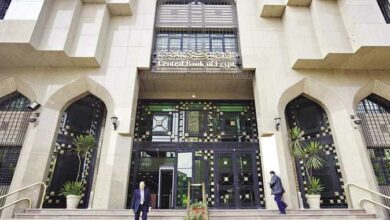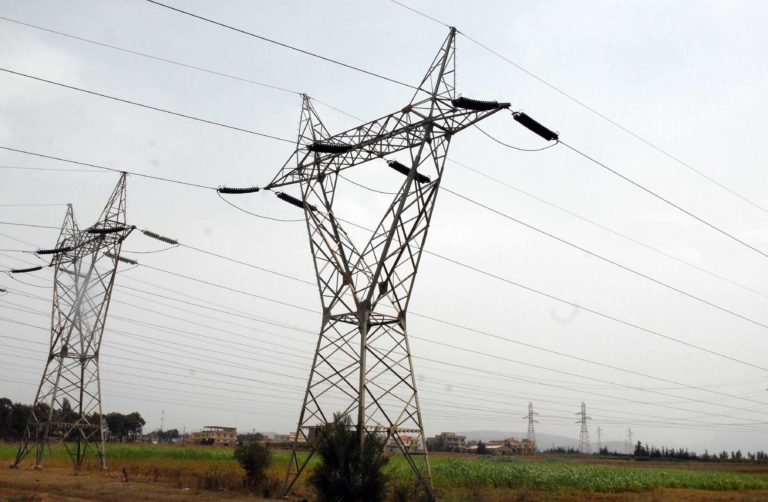
The net foreign reserves in the Central Bank of Egypt at the end of September recorded about US$45.118 billion, up by about $149 million from $44.969 billion at the end of August. Sources described reserve levels as the highest in recent months, confirming that these reserves cover the equivalent of about nine months of imported goods.
The rise in foreign reserves at the Central Bank confirms that sources of foreign exchange resources have improved. These sources include the remittances of Egyptian expatriates, tourism revenues, and the balance of gold reserves within international reserves, the latter especially important following the recent significant rise in gold prices, said Mohamed Abdel Aal, member of the Board of Directors of the Suez Canal Bank and the Arab Sudanese Bank.
In a statement to Al-Masry Al-Youm, Abdel Aal predicted that the pace of reserve increases will continue to rise until the end of this year, adding that the reserves cover about nine months of commodity imports, a statistic that surpasses global requirements.
Tarek Metwally, former vice president of BLOM Bank Egypt, said the increase in foreign reserves in the past period is a good indication of an increasing resources to uses ratio, even if the rise is slight.
Metwally pointed out that the level of reserves is also tied to the payment of periodical foreign debts.
Professor of economics at Cairo University and former member of the Board of Directors of the Central Bank Alaa al-Shazly said that the rise in foreign reserves reduces inflationary pressures resulting from the import of goods, adding that the rise also promotes the continued decline of the dollar against the Egyptian pound in the domestic exchange market.
Ahmed Aboul Saad, a member of the board of directors of the Egyptian Stock Exchange, said that the report on the level of foreign reserves was reassuring even though the stock of reserves did not rise significantly compared to rates in previous months, because it indicates the stability of monetary policy and the capacity to repay foreign debt installments without suffering a burden.
He also said that the reserve covers commodity imports for a period ranging between eight and nine months.
Ramy Aboul Naga, Deputy Governor of the Central Bank of Egypt, said that Egypt does not face any problem repaying foreign debts as they are paid on time.
Aboul Naga said in remarks quoted by the official Middle East News Agency Wednesday on the sidelines of an economic conference in Dubai that the Egyptian economy is now able to generate resources in foreign currency to cover its needs.
The CBE started Wednesday the launch of the Standard Risk-Free Interest Rate (CONIA), a project announced in early August that seeks to develop the financial and exchange market.
Edited translation from Al-Masry Al-Youm




